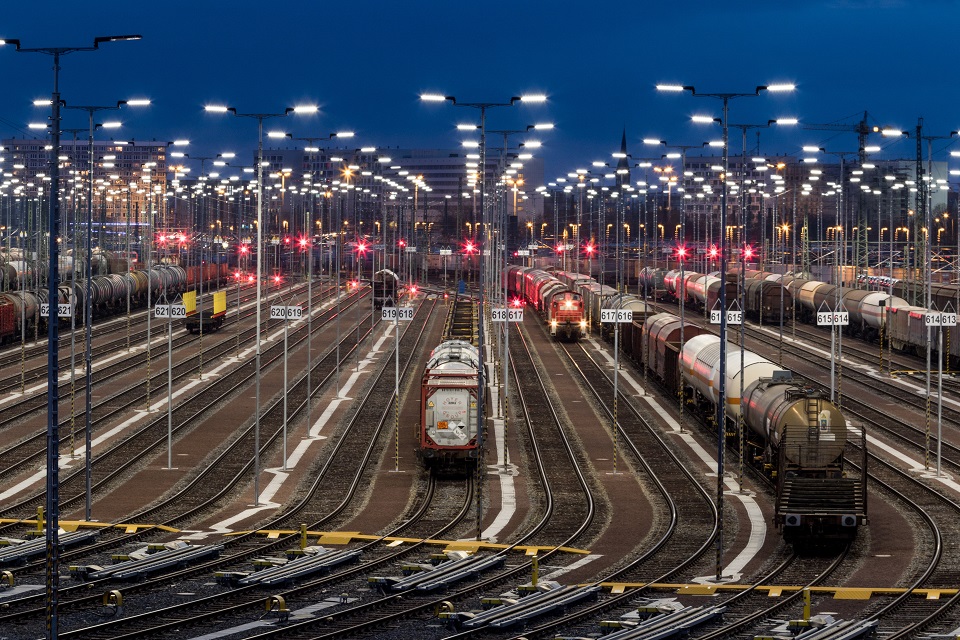German government criticised for not keeping rail investment promises

New adjustments to Germany’s federal investment budget seem to put rail infrastructure-related investments on hold. German transport association Allianz pro-Schiene spoke of a “bitter disappointment” that leaves rail “dramatically underfinanced”.
The German federal government took office last November, and one of its first manifestations was that it would invest in rail “considerably more than road”. The coalition government’s objectives were to lower infrastructure fees, accelerate Digital Automatic Coupling, strengthen single-wagon traffic, and promote combined transport terminals.
The federal government had stated that infrastructure investments were a key political priority and that substantial amounts would be invested in it. However, recently, the government’s budget committee proceeded with some budgetary adjustments that do not meet the initial commitments. “The 2022 federal budget is a bitter disappointment. Rail investments are in acute danger, electrification and the expansion of the rail network are stagnating, and the stations are dramatically underfinanced,” emphasised Dirk Flege, managing director of Allianz pro-Schiene.
Same plans as the previous government
The budget adjustments took place on Friday, 20 May. The German transport and rail sector expected the new federal government to differentiate its plans from the previous government based on its manifestations. However, this is not the case. “In the so-called ‘adjustment session,’ the budget committee of the German Bundestag decided early on Friday to adopt the previous government’s transport budget almost unchanged,” said Allianz pro-Schiene.
“In terms of transport policy, the coalition government has not strived for a new beginning with the budget. Instead, it decided to continue with the previous government’s plans. There is neither the rail-before-road priority announced in the coalition agreement for investments nor is there a push towards digitisation,” stressed Dirk Flege.
Fears for failed targets
Flege also underlined the dangers lurking in the federal government’s approach. He mentioned that Germany jeopardises its rail and environmental targets with the budgetary changes. “With this budget and the adopted medium-term plan, Germany can neither double the traffic performance in passenger transport targeted in the coalition agreement for 2030 nor increase the market share of freight railways to 25 per cent”.
Nevertheless, there is still hope that the German federal government will implement some of its commitments in the budget for 2023. At least, this is what the transport sector expects to avoid the “acute danger” of not meeting its targets. “Allianz pro-Schiene expects the government coalition to deliver a breakthrough for strengthening rail transport with the 2023 federal budget”. The only suitable approach is to reverse the financing cuts and increase rail infrastructure investments by billions to avoid cancelling the modal shift plans in Germany”, concluded Flege.
Also read:
- New German government wants to invest in rail before road
- Germany: rail freight to increase 25 per cent by 2030
You just read one of our premium articles free of charge
Want full access? Take advantage of our exclusive offer






Frankly, shortcomings of Industry, is root…
(As for DB, currently DB Schenker, thus not rails, but the clients of road transports has turned the financier.)
Regrettably, dilemma of DB is just too understandable.
Even worse, with broken rails as current most frequent cause for derailments, etc., more federal, fresh money spent, is “cementing”, thus in no way sustainable, neither for railways, nor for clients – but for producers of road trucks…